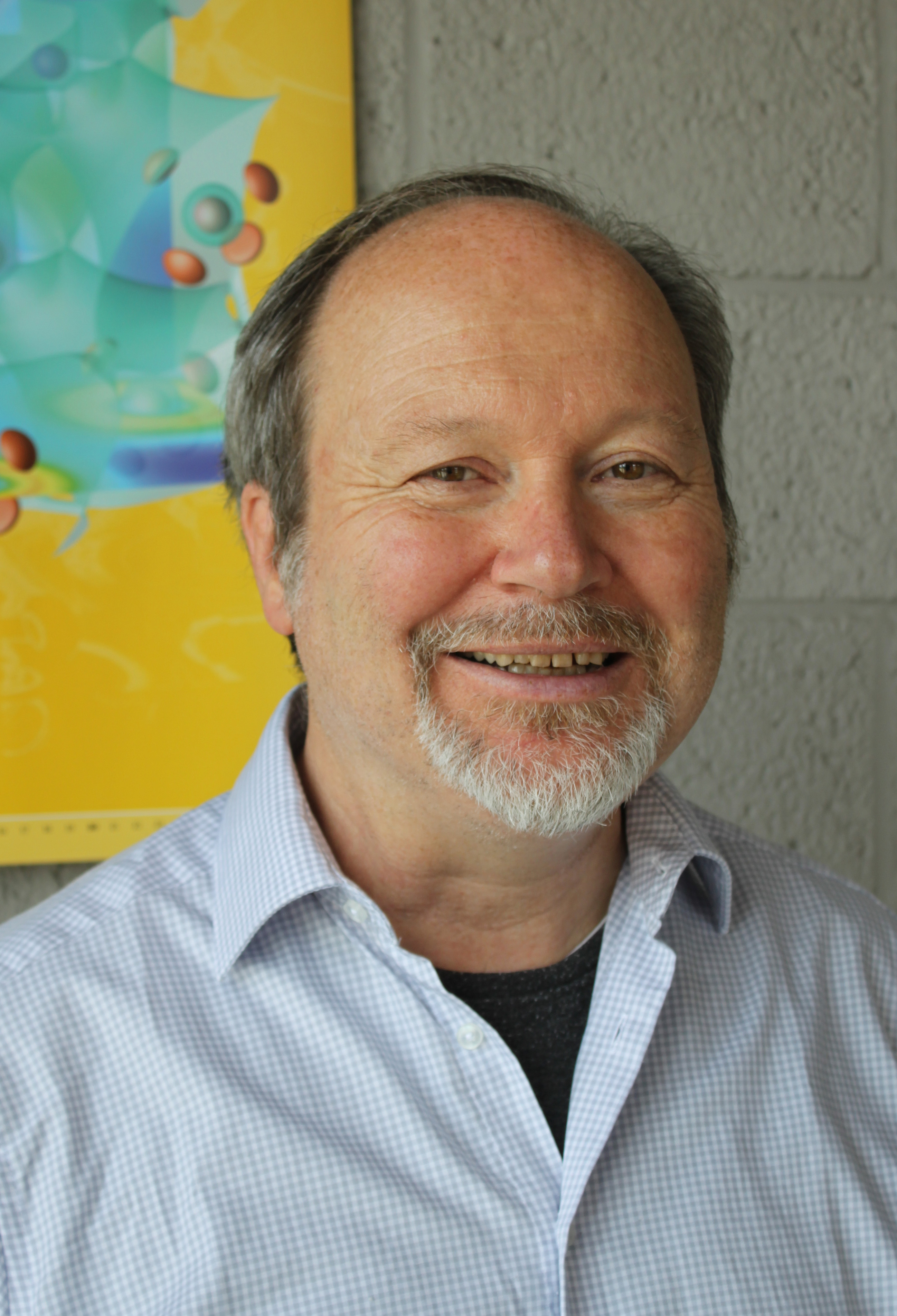
Projektleiter:
Prof. Dr. Reinhold Schneider
/
Prof. Dr. Fredi Tröltzsch
Projekt Mitglieder:
Benjamin Huber
Laufzeit: -
Status:
beendet
Standort:
Technische Universität Berlin
Projektleiter:
Priv.-Doz. Dr. Konstantin Fackeldey
/
Prof. Dr. Frank Noé
/
Prof. Dr. Reinhold Schneider
/
Dr. Hao Wu
Projekt Mitglieder:
-
Laufzeit: 01.06.2017 - 31.12.2018
Status:
beendet
Standort:
Freie Universität Berlin
/ Technische Universität Berlin
Projektleiter:
Prof. Dr. Reinhold Schneider
Projekt Mitglieder:
-
Laufzeit: -
Status:
beendet
Standort:
Technische Universität Berlin
Projektleiter:
Prof. Dr. Rupert Klein
/
Prof. Dr. Reinhold Schneider
/
Prof. Dr. Harry Yserentant
Projekt Mitglieder:
-
Laufzeit: 01.10.2014 - 30.06.2018
Status:
beendet
Standort:
Freie Universität Berlin
/ Technische Universität Berlin
Projektleiter:
Dr. Martin Eigel
/
PD Dr. René Henrion
/
Prof. Dr. Dietmar Hömberg
/
Prof. Dr. Reinhold Schneider
Projekt Mitglieder:
Dr. Johannes Neumann
/
Dr. Thomas Petzold
Laufzeit: -
Status:
beendet
Standort:
Technische Universität Berlin
/ Weierstraß-Institut
Projektleiter:
Prof. Dr. Reinhold Schneider
Projekt Mitglieder:
-
Laufzeit: 01.06.2013 - 31.05.2016
Status:
beendet
Standort:
Technische Universität Berlin